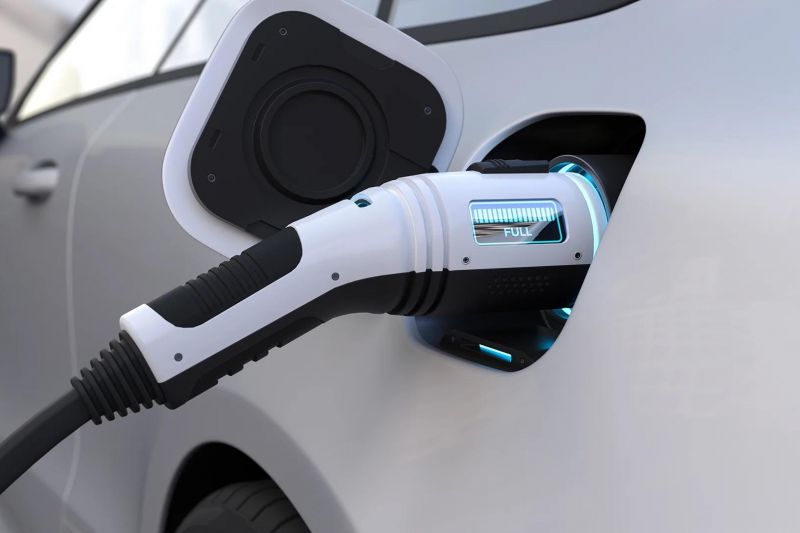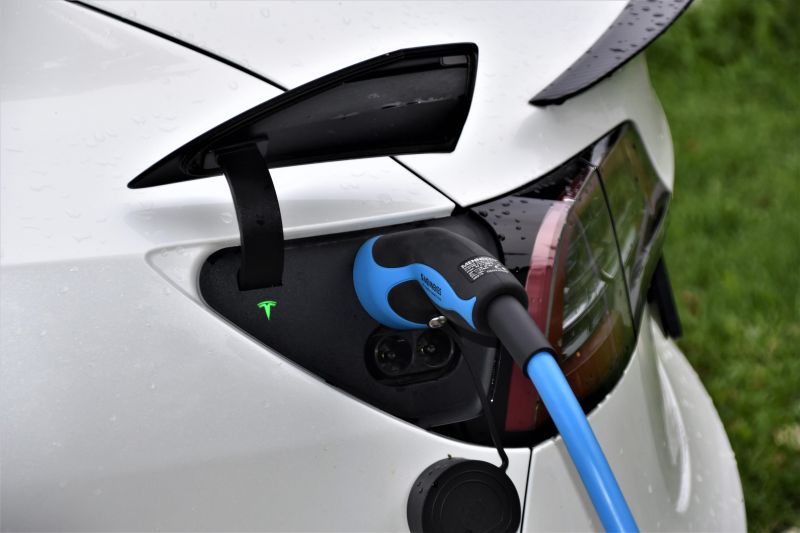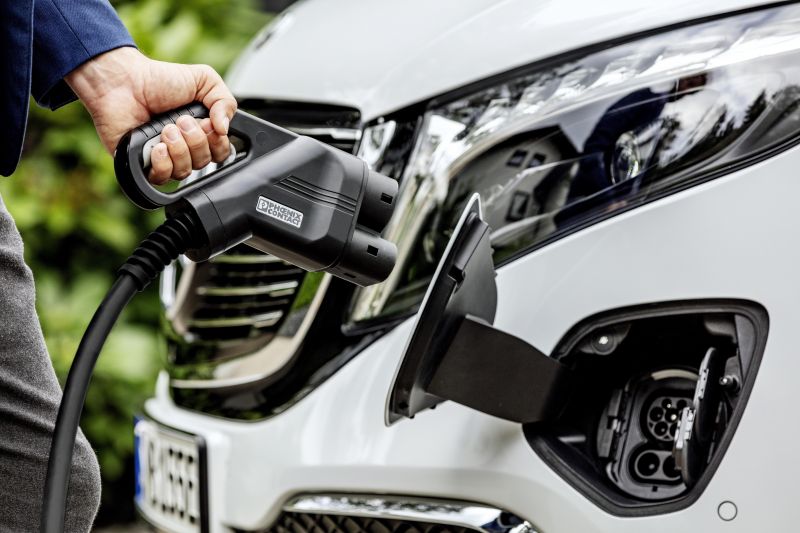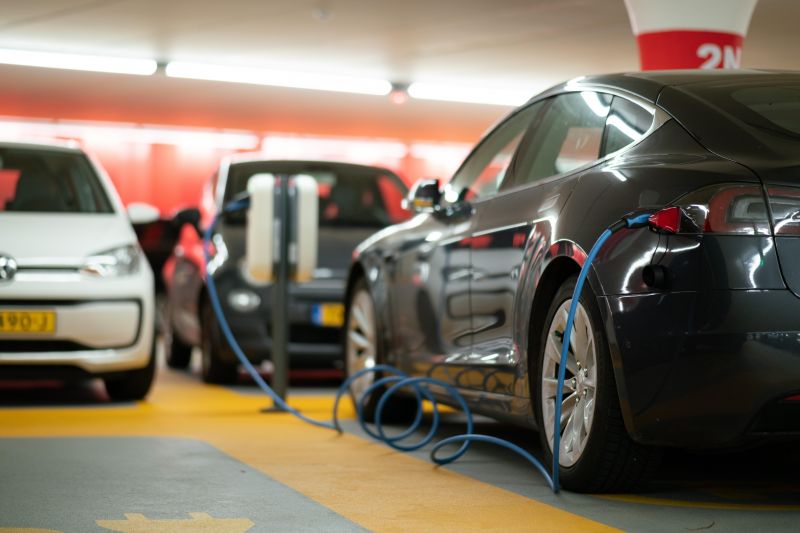Medical staff told not to charge electric cars due to “fire risk”

[ad_1]
Monash Health has banned electric vehicle (EV) charging at its hospitals and medical centres, citing a WorkSafe Victoria safety alert warning EVs pose a fire risk.
“When overheated, lithium-ion batteries of all sizes can catch fire. The fire is often hard to put out and the smoke from the fire can be toxic,” said WorkSafe Victoria in its alert, published on August 30, 2023.
WorkSafe Victoria recommends employers should “prevent the use, storage or charging of electric plant or passenger vehicles in enclosed and restricted spaces, unless the fire detection and suppression system is suitable for the special fire hazard (a lithium-ion battery fire).”
The recommendations from the government body state vehicles with lithium-ion batteries should not be charged close to office spaces or near people.
“Provide a dedicated charging area that is separate from areas where people work. Ensure equipment is kept within fire resistant areas,” it reads, noting “where appropriate, replace lithium-ion batteries with other batteries or power sources that are less likely to overheat and catch fire.”
In light of the safety alert, The Driven reports Monash Health – a Victorian state government hospital and medical centre group – has banned staff and members of the public from charging their battery-powered vehicles on premises, including electric scooters and cars, citing the WorkSafe Victoria alert.
“Monash Health employees must immediately stop charging their personal Light Electric Vehicles (LEV) and Electric Vehicles (EV) within the confines of Monash Health sites, including all car parkng areas,” the alert reads per The Driven.
According to the news outlet, the safety alert excludes Monash Health’s fleet of leased electric cars, which are still permitted to charge in the designated electric charging stations across selected locations.
Monash Heath reportedly suggests EV drivers locate alternative charging locations through apps like Plugshare.
“When overheated, lithium-ion batteries of all sizes can ignite, resulting in fires that are challenging to extinguish, with potentially toxic smoke emissions,” the Monash Health notice reportedly reads.
“Factors leading to overheating and fire include damage and the incorrect use of charging equipment.
“Larger battery packs can pose a significant risk if the lithium-ion battery overheats and catches fire. Some sprinkler systems may not be capable of suppressing or controlling a large lithium-ion battery fire.”
Monash Health isn’t the only organisation banning on-site EV charging.
The Driven reports a fire at Eastern Golf Club in the Yarra Valley in Victoria – reportedly caused by lithium-ion batteries – has prompted the National Golf Club to ban charging EVs including golf buggies at its facilities.
The National Golf Club will reportedly decommission its dedicated EV chargers today and other three-phase power outlets to prevent the risk of fires.
“The risk of fire caused by battery charging is real, and aside from any financial consequences, presents a threat to lives, members and guests of the golf club,” The Driven reports the organisation said in a message to its members.
Victorian property services firm MICM, a wholly owned subsidiary of Central Equity, recently recommended EV chargers not be installed in its buildings until it receives guidance from the Federal Government, again citing fire and insurance risks.
“I’ve read the MICM EV Chargers Guide and am deeply disappointed by their recommendation to ‘hold off on EV charging installation’ which is absolutely not backed by our data, or any global research I’m aware of,” said Emma Sutcliffe, project director at EV FireSafe, calling the report “idiotic”.
EV FireSafe keeps a database of verifiable worldwide passenger EV battery fires and tracks emergency response methods that work.
“If MICM were concerned about charging light electric vehicles, such as e-bikes, scooters and skateboards in their buildings, then I would be more sympathetic.
“Poor quality, cheap light electric vehicles (LEVs) are flooding the Australian market and causing daily battery fires, property losses, injuries and fatalities globally.
Ms Sutcliffe says EVs are inherently safe to operate and charge as long as the high-voltage battery isn’t significantly damaged.
MORE: EV battery fires rare, but on Australian Government’s agenda
[ad_2]



